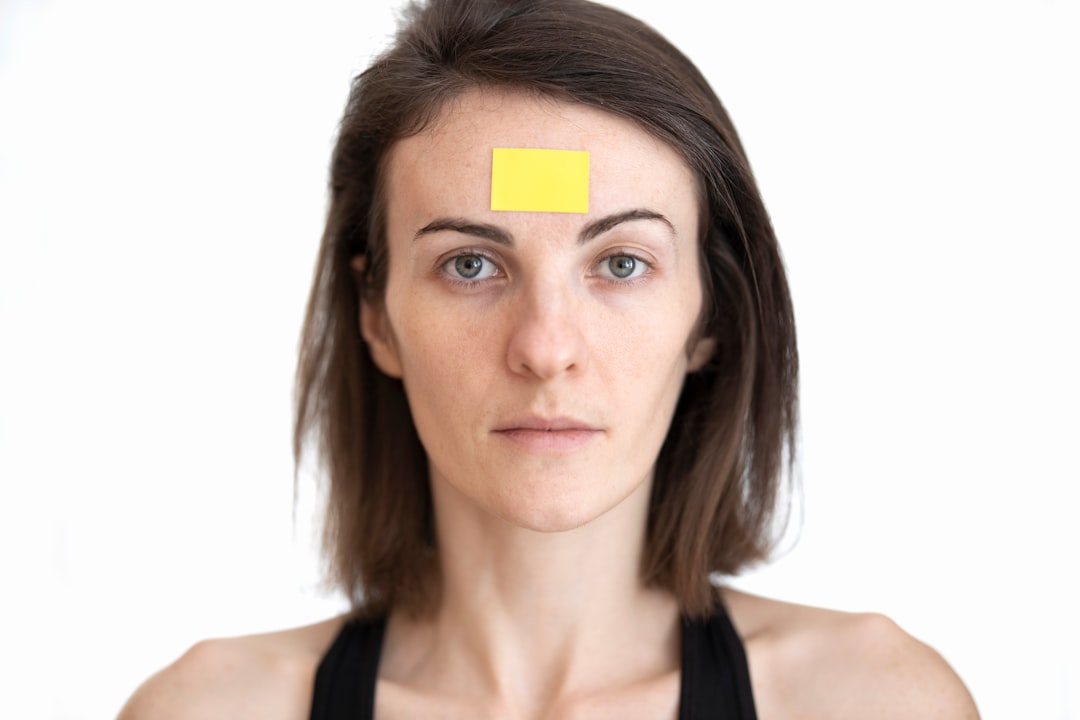In a digital age where artificial intelligence continues to revolutionize how we interact with information, reverse search tools have seen major advancements. These tools use powerful algorithms to trace people, locations, and objects using images or partial information—even a blurry snapshot can unlock troves of data. Whether you’re tracking down the origin of a photo or identifying an unfamiliar landmark from your travels, AI tools make it easier than ever. If you’re looking for the most reliable solutions going into 2025, here are the top 10 AI-powered reverse search tools worth your attention.
1. PimEyes
PimEyes specializes in facial recognition and is a go-to for identifying people in images. By uploading a photo, users can search across the web for other appearances of the same face. It’s particularly useful for private individuals wanting to monitor their online image presence or investigators verifying identities.
2. Google Lens
Google Lens has evolved into one of the most accessible and user-friendly reverse search tools for both objects and locations. Simply take a picture of almost anything—be it a plant, piece of furniture, or statue—and Lens instantly returns results with detailed descriptions, stores, and related images.

3. Clearview AI
This highly controversial yet powerful tool offers deep facial matches drawn from a vast database compiled from social media and other publicly accessible sources. While largely used in law enforcement and private investigation, it remains one of the most advanced AI tools for reverse searching people.
4. Social Catfish
Initially designed for catfishing investigations, Social Catfish has grown to become a robust reverse search platform. It employs AI-driven analysis of images, emails, phone numbers, and IP addresses to track down digital footprints, making it ideal for online safety and relationship verification.
5. Yandex Images
Not all reverse search engines are created equal. Yandex, the Russian search engine, often delivers more accurate results than Google when it comes to facial recognition and image similarity, especially for photos originating from areas outside the U.S.
6. FaceCheck.ID
Aimed at identity verification, FaceCheck.ID uses cutting-edge facial AI to match faces across news articles, social media, professional networks, and even dating websites. Its data-rich results make it popular with journalists and content moderators.
7. TinEye
A pioneer in reverse image search, TinEye remains a staple in the industry. While it doesn’t offer facial recognition, it’s excellent at finding exact copies or modified versions of a given image, track online usage, and check for copyright violations.
8. Amazon Rekognition
Amazon’s AI service provides powerful object and facial analysis that goes beyond traditional reverse search. With capabilities like detecting emotions, estimating age, and identifying multiple objects within a single image, Rekognition is used by both developers and enterprise clients.
9. Berify
This lesser-known gem combines reverse image search with alerts. Berify scans the internet for exact and similar matches and notifies you when your image appears elsewhere. It’s particularly helpful for photographers, influencers, and content creators protecting their IP.
10. Microsoft Azure Face API
Powered by Microsoft’s cloud platform, the Azure Face API is tailored for developers looking to integrate facial recognition into their projects. While not a consumer-facing tool per se, its backend power is leveraged in multiple high-performing apps.

How to Choose the Right Tool
The best tool for you depends entirely on your needs:
- Identifying people? Go with facial recognition tools like PimEyes or FaceCheck.ID.
- Unsure about an object’s identity? Try Google Lens or Amazon Rekognition.
- Tracing image origins? TinEye and Berify are superb for media tracking.
It’s crucial to remember that while these tools are incredibly powerful, ethical usage is key. Some of the solutions accessing vast pools of personal data have stirred debates around privacy and consent. Always ensure you’re complying with local laws and platform guidelines when using reverse AI tools for identification purposes.
Final Thoughts
AI-driven reverse search tools are reshaping our digital experiences. From solving online scams to unlocking art history mysteries, they offer practical solutions powered by sophisticated machine learning. With 2025 introducing even more robust models, knowing which tools lead the pack can give you a significant advantage—whether you’re a journalist, developer, traveler, or everyday internet user.




